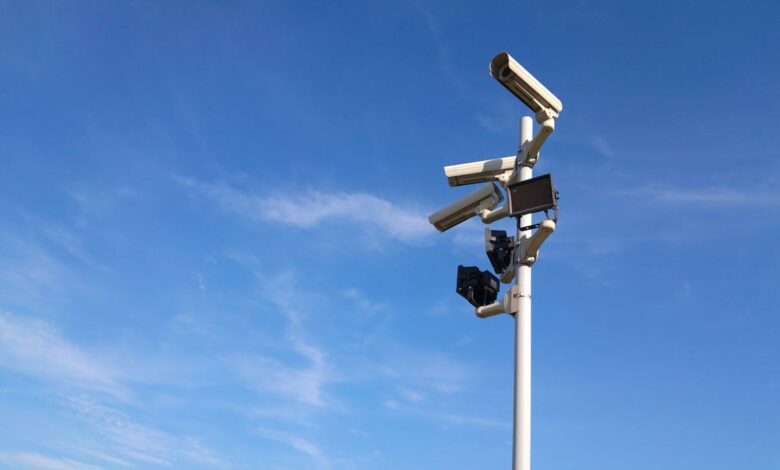Here’s Why It’s Important For A Business To Invest In A Security Camera System

In today’s increasingly digital world, investing in a security camera system is crucial for businesses of all sizes and industries. Whether you run a small retail store or a large corporate office, safeguarding your premises and assets is paramount. But it’s not just about preventing theft or vandalism; a security camera system offers a range of benefits beyond simple surveillance.
The Importance of Security Camera Systems for Businesses
The importance of a security camera system for businesses cannot be overstated. In an era where crime rates fluctuate and the threat to business operations is ever-present, having a reliable surveillance system is a fundamental necessity. Beyond merely capturing footage, security cameras serve as a critical tool in risk management. Businesses that prioritize security tend to experience fewer incidents of theft and vandalism, which directly contributes to their overall success and longevity.
Moreover, security cameras help cultivate a culture of accountability among employees. When staff members know they are being monitored, they are less likely to engage in inappropriate behavior such as time theft or harassment. This creates a more productive work environment and enhances employee morale. In essence, security systems not only protect tangible assets but also foster a workplace culture that values integrity and professionalism.
Additionally, security camera systems can be a vital component of a company’s emergency response strategy. In the event of a fire, natural disaster, or other emergencies, having recorded footage can assist in understanding the sequence of events and can be invaluable for insurance claims. By integrating security cameras into your business operations, you are not only protecting your assets but also preparing your organization for unforeseen circumstances.
Factors to Consider When Choosing a Security Camera System
When selecting a security camera system for your business, several factors should be considered to ensure you make an informed decision. One of the first considerations is the type of surveillance coverage needed. Depending on the layout of your premises, you may require different types of cameras, such as indoor, outdoor, PTZ (pan-tilt-zoom), or dome cameras. Assessing the specific areas you want to monitor will help determine the best system for your needs.
Another critical factor is the resolution and quality of the camera. Investing in high-definition cameras can make a significant difference in the clarity of the footage captured. In the event of an incident, having clear images can aid law enforcement in identifying suspects and securing convictions. Additionally, features such as night vision, motion detection, and wide-angle lenses can enhance the effectiveness of your security system.
Installation and Maintenance of Security Camera Systems
Proper installation and maintenance of security camera systems are crucial for ensuring their effectiveness. For many businesses, hiring a professional installation service can provide peace of mind, ensuring that all cameras are strategically placed for optimal coverage. A skilled technician can assess your specific needs and recommend the best camera placement, minimizing blind spots and maximizing surveillance potential.
Integrating Security Camera Systems with Other Security Measures
Integrating your security camera system with other security measures can create a comprehensive safety strategy for your business. For instance, coupling security cameras with alarm systems can enhance your protection by providing immediate alerts in case of unauthorized access or suspicious activity. When combined, these systems can offer a more robust solution than relying on one measure alone.
Cost Considerations and Return on Investment
When considering the investment in a security camera system, it’s essential to evaluate both the initial costs and potential return on investment (ROI). The costs can vary significantly based on the type of system, number of cameras, and installation services required. While it may be tempting to opt for the cheapest solution, investing in quality equipment often pays off in the long run through increased reliability and durability.
Conclusion
As technology continues to evolve, the future of security camera systems holds even more promise for businesses. Advances in artificial intelligence and machine learning are already shaping how surveillance systems operate, allowing for enhanced features such as facial recognition and behavior analysis. These innovations can provide businesses with the ability to identify potential threats before they escalate, creating a proactive security environment.



